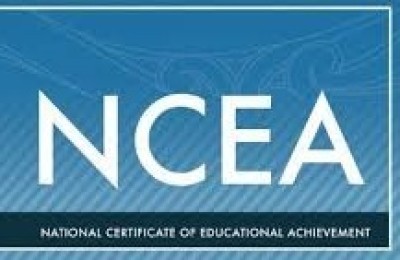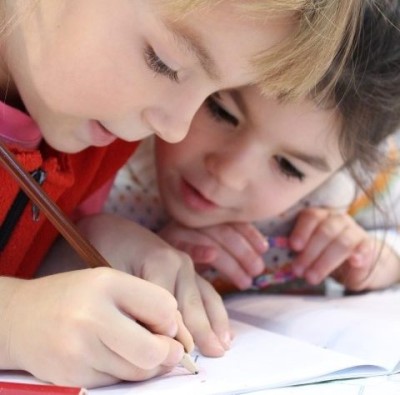Articles
There are regular international comparisons between countries in Maths and Science and English. Recently the TIMSS comparison of Maths and Science achievement at year 5 and 9 were published. The results raise real concerns, and the Ministry of Education have commissioned an investigation into what might be done.
Read More
The government has released draft literacy and numeracy standards that will be implemented in NCEA from 2023. The draft level 1 literacy credits require the ability to read 4 items, including one that is at least 200 words long, and to write 2 items, one of which is at least 200 words long. To provide a comparison, this blog is 240 words.
Read More
Is font preference just a preference, or is there a science behind it? Are there some fonts for dyslexics that are easier to read? The local newspaper changed some fonts recently, updating the look and modernising it. Some fonts are easier to read than others and this is especially important for poor readers. So, is there a ‘best’ font to use or is it just personal preference?
Read More
Depression is a problem that has a negative impact on children’s learning. If your child is going backwards in their learning, it is worth asking if they might be among the 2% of children or 10% of teenagers who are dealing with depression. The causes of depression are complex, and it doesn’t always appear as feeling sad. Some students will act out to cover up the feelings of sadness. Some students will skip school, be unable to focus on learning new information, or they may have a variety of other symptoms.
Read More
We often get asked how to motivate a child at school. The answer is complicated. Every child starts school keen and eager to learn. If all goes well, they learn to read, write and do Maths and go on to become life-long learners. Today’s students will have many different careers in their lifetime, so a love of learning is essential.
Read More
I’ve been asked if anything can be done for adults that struggle with reading. The answer is simple: interventions that work for children work the same way in adults. The biggest difference is that adults don’t have as much time to invest in learning as children do.
Read More
It wasn’t much more than 100 years since children were writing on slates at school. Changing from slate to paper transformed education…. Now that we are transitioning to learning on devices, what is the role of pen and paper? Is computer based learning the way of the future?
Read More
The current schooling system in NZ makes it difficult to know if your child is reaching their full potential. If they are reported as being ‘at’ or ‘working towards’, how do you know – is your child achieving at school?
Read More
Everyone is trying to pack more into their lives, wanting magical instant fixes rather than investing energy over a long time. Children are not immune, squeezing more school, hobbies, and extra-curricular activities into their week. It is becoming far too common for children to have a different activity every day after school. Mum and Dad become glorified taxi drivers, taking their child from activity to activity.
Read More
As a parent, you will be busy with many demands on your time. It’s hard to know how to help your child. Do you wonder if they are struggling, but aren’t sure? And if they are struggling, do you know what to do about it?








